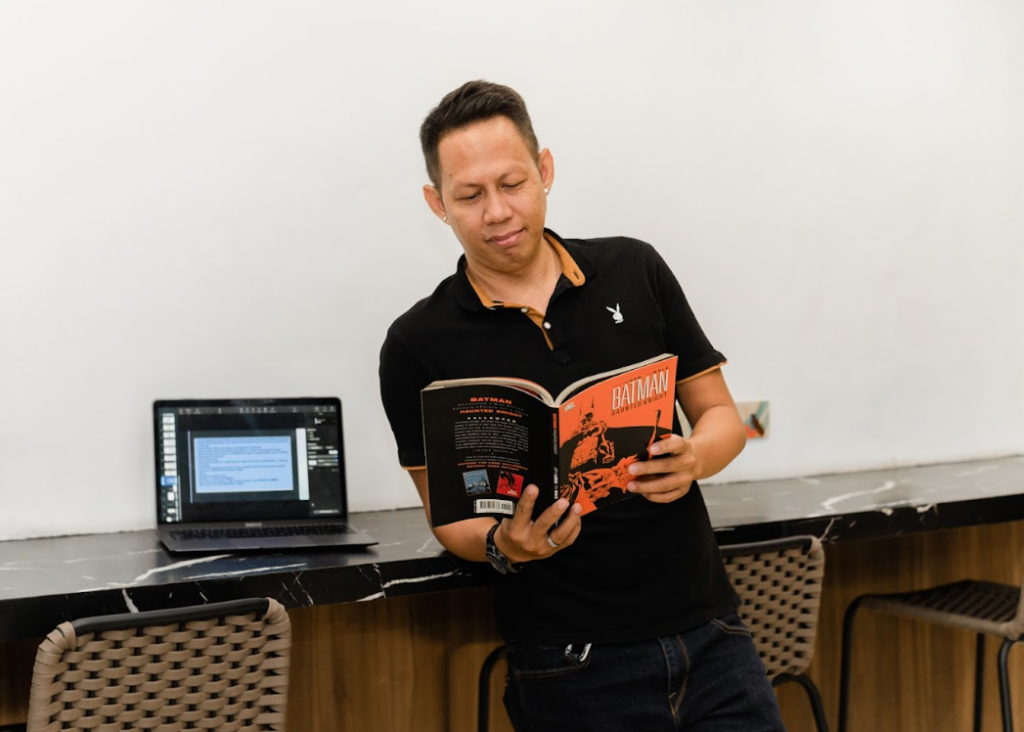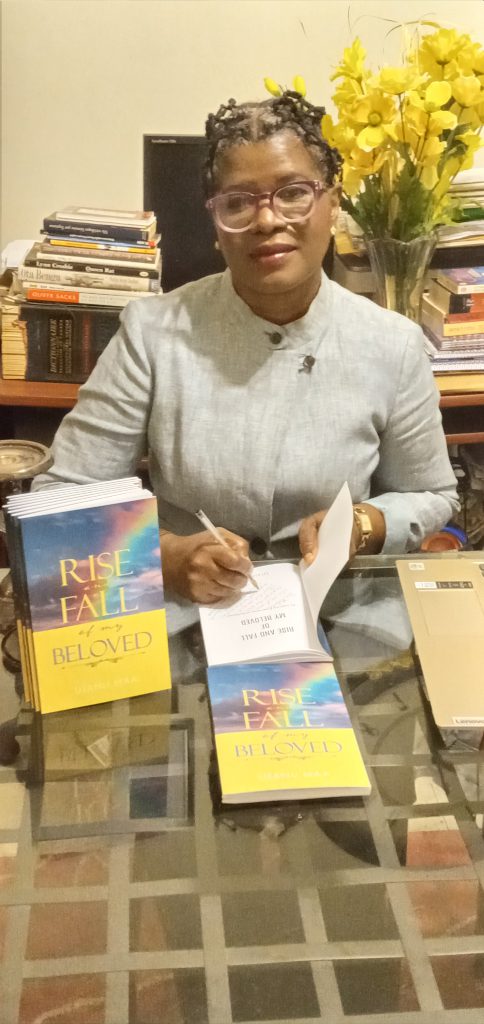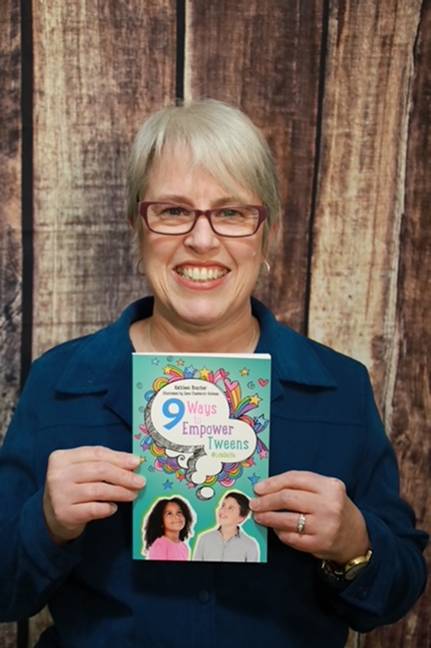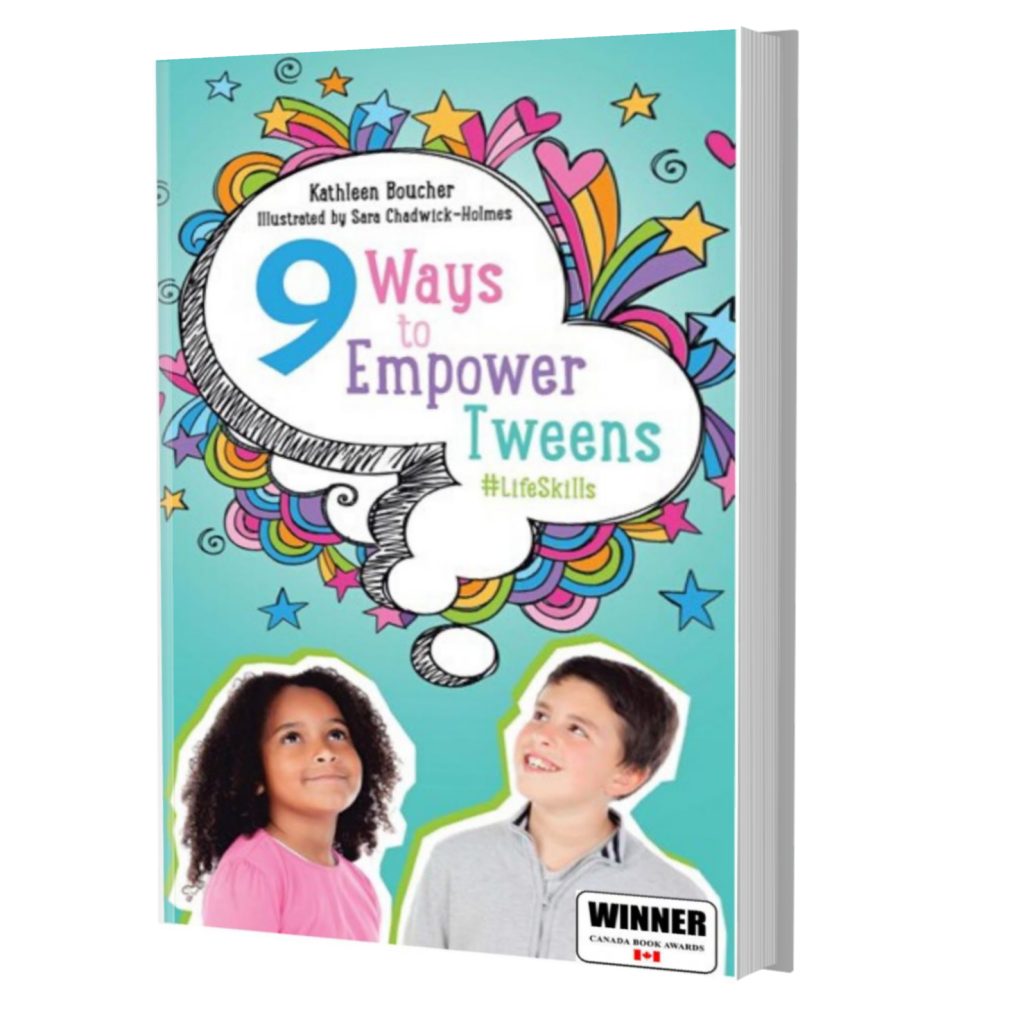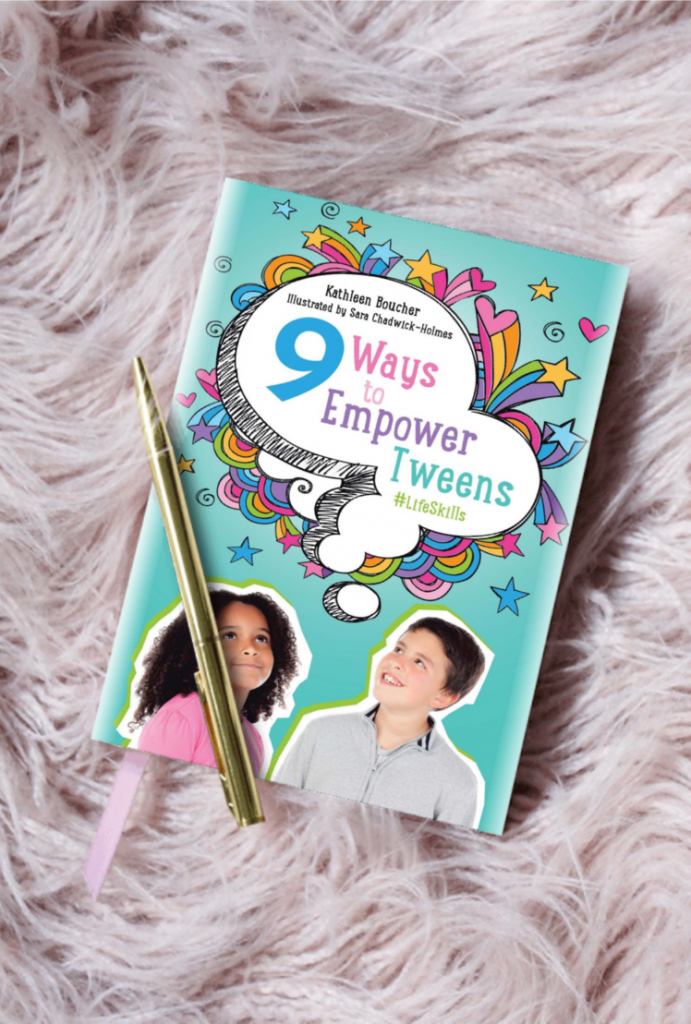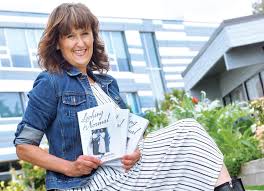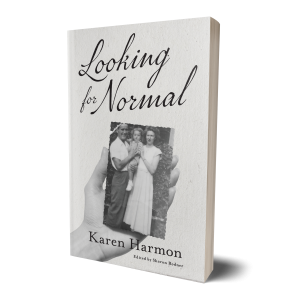For February’s author of the month we are celebrating Utanu Maa! Utanu came into Tellwell without any prior publishing experience, and with little knowledge on how she could market her book. Over the last 6 months, Utanu has embraced her new role of authorpreneur and has successfully been featured on a number of blogs, received a beautiful review from IndieReader and is connecting with poets and readers all over the world through her social media.
“Utanu Maa’s RISE AND FALL OF MY BELOVED is a short biographical poetry collection, focused heavily on the themes of grief, mourning, recovery and resilience. The story is deeply personal, it speaks for countless individuals who are voiceless and marginalized. Nevertheless, the writing never seethes with anger at the injustice and unfairness. Instead, it is full of empathy, understanding and acceptance, and may be a cathartic experience for some readers, especially those trying to heal from trauma.” – Archita Mittra for IndieReader
1. Tell us a bit about yourself.
I am Utanu Maa, also known as Utanu Adele Mafandala, my birth name. I published my debut book of poetry last year using a pen name, Utanu Maa, just to keep it short on the book. I live in Toronto, Ontario and worked as a public servant within the Ontario Court of Justice. I had previously lived many years in Montreal where I migrated from the Democractic Republic of Congo (DRC) in 1991. I was born and raised in DRC where I studied French Literature and Civil Law, and pursued education in Paralegal studies and Fashion Management after moving to Canada. I am a proud mother of a young man who is building his career as a Fine Art artist after graduating from the Memorial University of Newfoundland Fine Art/Visual and Technology last year.
2. What inspired you to write your book?
I needed to heal from the profound grief and loss I carried after the death of my only sibling and brother from my mother. I lost my brother to HIV/AIDS. He suffered a lot, and it was painful to him, and to me as a sister to witness my loved one going through a myriad of pains and health complications until he died. I cared for him for the last two months of his life. I was deeply sad and devastated.
I grieved from April 2019 until April 2020; I felt weary and burdened, I desperately needed to talk to someone to share and ease my pain. But Covid-19 had forced the entirety of humanity into confinement. My anxiety, along with everyone elses, increased and I felt so lonely inside and out.
My son was away for studies at Memorial University of Newfoundland. In solitude, the only voice you can hear is yours inside of you or your own murmure, and the only person you talk to is your own double. So, my only rescue was to write and pour all my grief onto a paper to start a journey to resilience, gratitude, and healing.
3. How have your personal experiences influenced your book?
In my book, I expose not only the pain and suffering caused by the HIV virus but also the shame, stigmas, discrimination, rejection, and isolation that our society inflicts to people living with HIV. So, I write about a virus that is still active, still very infectious, and deadly to bring awareness for protection, inspiration for resilience in hard times, aspiration for a healthy and compassionate society, a testimony and reflection about the voiceless and vulnerable people in our society.
Each poem of my book depicts a true story and personal experiences. I am the witness of the events happening throughout the journey that my readers embark in my book. I wrote about what happened to my brother, from his childhood as a vulnerable orphan infant, marginalized but resilient to survive and grow, to his rise as an accomplished and successful engineer, and to his fall and death as a HIV/AIDS patient.
My writing is also a journey into learning to express gratitude despite challenges because life is a blessing. Our life is filled with many blessings, big or small, but we tend to forget to count them when facing hardship, struggles. One morning as I was weeping, thinking of my brother’s struggles in childhood as a vulnerable and neglected six months old orphan infant when my mother died, recalling the bullies he endured because he did not speak earlier like other kids and was labelled mentality retarded and incapable of succeeding at school, and counting the pain, sufferings, shame and rejection he faced and how he beat all odds and became an accomplished Master in Structure and Building Engineer, a still small voice stormed me inside and spoke to me in this way: “count instead the blessings of his life and heal from that because death is not a punishment”.
From that moment, my brother’s death became the beginning of a new life in everlasting peace. My grief taught me to express gratitude, and with gratitude, I found resilience to overcome and heal. These are the two main lessons in my book: resilience and gratitude to overcome grief, and heal.
